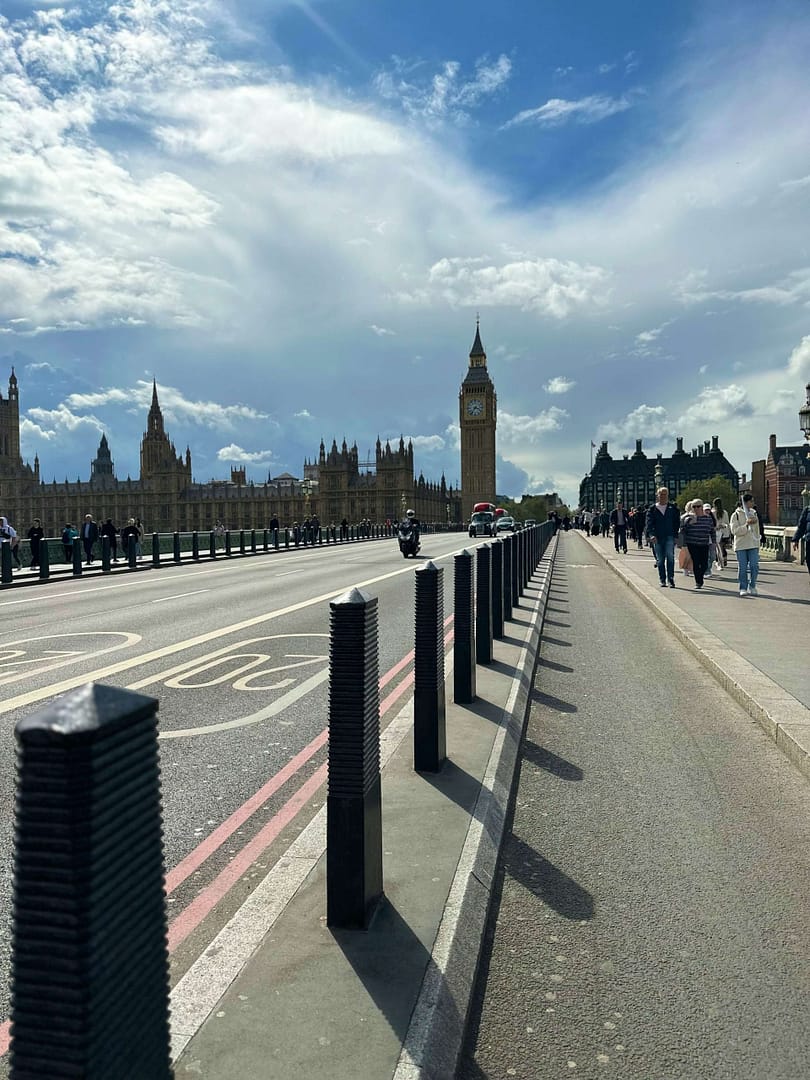Accidents happen, and when they do, they can turn your life upside down. Whether it’s a slip on a wet floor, a car crash, or an injury at work, you might be wondering if you can claim compensation. In the UK, proving an accident claim isn’t as daunting as it sounds, but it does require some key steps. So, what exactly do you need to prove to make a successful claim? Let’s break it down in a simple, easy-to-understand way, guiding you through the process with questions and insights to help you think it through.
Why Does Proving Your Claim Matter?
First, let’s consider why proving your claim is so important. Compensation isn’t just handed out because you’ve had an accident—it’s about showing that someone else was responsible and that their actions (or lack of them) caused your injury. The UK legal system is built on fairness, but it needs evidence to work. So, how do you build a strong case? It starts with understanding the three main things you need to prove.
What Are the Three Key Elements to Prove?
To win an accident claim in the UK, you need to show three things:
- Duty of Care – Was someone responsible for keeping you safe?
- Breach of Duty – Did they fail in that responsibility?
- Causation – Did their failure directly cause your injury?
Let’s explore each of these with some questions to get you thinking.
1. Duty of Care: Who Was Supposed to Look After You?
Imagine you’re walking down the street and trip over a broken pavement. Who’s supposed to make sure that pavement is safe? In the UK, local councils have a legal duty under the Highways Act 1980 to maintain public roads and footpaths. Or perhaps you’re at work, and a faulty machine injures you—your employer has a duty under the Health and Safety at Work etc. Act 1974 to ensure your workplace is safe.
So, ask yourself: Who was in charge of the situation where you got hurt? Was it a shop owner, a driver, or your boss? If they had a responsibility to keep you safe, that’s your starting point.
2. Breach of Duty: Did They Mess Up?
Now that you’ve identified who had a duty of care, the next question is: Did they fail to do their job properly? For example, if a shop floor was left wet with no warning signs, that could be a breach of duty. The Occupiers’ Liability Act 1957 says anyone who controls a property must take reasonable steps to keep visitors safe. Or if a driver was speeding and hit you, they’ve likely breached their duty to drive responsibly under the Road Traffic Act 1988.
Think about it: What did they do—or not do—that led to your accident? Was it negligence, carelessness, or just bad luck? You’ll need to show it was more than just an unfortunate event.
3. Causation: Did Their Mistake Cause Your Injury?
Here’s where it gets crucial: Can you link their failure to your injury? Let’s say you slipped on that wet shop floor and broke your ankle. You’d need to prove the fall caused the injury, not something else—like a pre-existing condition. Medical records can help here, showing your injury happened right after the accident.
Ask yourself: Would I have been hurt if they’d done their job properly? If the answer’s no, you’re on the right track.
What Evidence Do You Need to Gather?
Proving these three elements isn’t just about telling a good story—it’s about backing it up with solid evidence. But what kind of evidence works best? Let’s look at some examples:
- Witness Statements: Did anyone see what happened? A colleague, a passerby, or even a friend could provide a statement supporting your version of events.
- Photos or Videos: Did you snap a picture of that broken pavement or wet floor? Visual proof can be powerful.
- Medical Records: After the accident, did you see a doctor? A report linking your injury to the incident is gold dust.
- Accident Reports: If it happened at work or in a public place, was it logged? Official records add weight to your claim.
- CCTV Footage: Was the accident caught on camera? Shops, workplaces, and streets often have cameras that could show what went wrong.
So, what can you gather from your own accident? Even small details—like a timestamped photo—can make a big difference.
How Much Compensation Can You Claim?
Now, let’s talk money. How much could you get if your claim succeeds? Compensation in the UK depends on a few factors:
- General Damages: This covers your pain, suffering, and how the injury affects your life. For example, a minor whiplash injury might fetch £1,500–£3,000, while a severe leg injury could be £50,000 or more, based on Judicial College Guidelines.
- Special Damages: This is for financial losses—like lost wages, medical bills, or travel costs. If you missed work for a month and lost £2,000, that could be added to your claim.
The amount varies wildly depending on your situation. A news report from MyLondon in February 2025 showed Croydon Council paid out £400,000 over five years for pedestrian accidents, with individual payouts differing based on injury severity. So, what losses have you faced? Jot them down—they all count.
Why Get Help from Experts?
By now, you might be thinking: This sounds like a lot of work. And you’d be right—building a claim takes time and effort. That’s where experts come in. National Claims can put you in touch with experienced solicitors who’ll guide you through every step. They’ll help you gather evidence, prove those three key elements, and fight for the compensation you deserve—all on a no-win, no-fee basis. Why go it alone when you can have pros in your corner?
What’s the Process Like?
Once you’ve got your evidence and a solicitor, what happens next? Typically:
- Initial Chat: Your solicitor assesses your case—free of charge with National Claims.
- Evidence Gathering: They’ll help you collect what you need.
- Claim Submission: They send it to the responsible party or their insurer.
- Negotiation: Most claims settle out of court, but your solicitor will push for a fair deal.
- Payout: If successful, you get your compensation.
So, are you ready to take the first step? It’s simpler with help.
Final Thoughts: Are You Ready to Claim?
Proving an accident claim in the UK boils down to showing someone owed you a duty, they failed, and it hurt you—backed by evidence. It’s not about blaming for the sake of it; it’s about getting what you’re entitled to. Whether it’s a small payout or a life-changing sum, every case matters. National Claims will help you connect with experienced solicitors to make the process smooth and stress-free. So, what’s stopping you? Think about your accident—could you prove it?
FAQs: Your Questions Answered
Q1 : How long do I have to make a claim?
A: In the UK, you usually have three years from the accident date, per the Limitation Act 1980. But don’t wait—evidence fades over time.
Q2: What if I was partly to blame?
A: You might still claim! The UK uses “contributory negligence,” so your payout could be reduced based on your share of fault. A solicitor can advise.
Q3: Do I need a solicitor?
A: You don’t have to, but it helps. National Claims connects you with experts who know the ropes, boosting your chances.
Q4: How much does it cost to claim?
A: With National Claims, it’s often no-win, no-fee—meaning no upfront costs, and you only pay if you win (usually a percentage of your compensation).
Q5: Can I claim for emotional distress?
A: Yes, if it’s tied to the accident—like anxiety after a crash. You’ll need medical evidence to back it up.
Ready to start? Contact National Claims today and let experienced solicitors help you claim what’s yours!
Contact National Claims today, and we will put you in touch with an expert solicitor who can guide you through the claims process.📞 Call us now free 0800 029 3849 or 📩 Submit an online enquiry to speak to our team. Your safety and well-being matter, and we’re here to help.

We’re proud of our excellent customer reviews
We thrive on delivering exceptional service and ensuring our clients’ satisfaction. Don’t just take our word for it. Check out some of our independent reviews to see what our clients have to say.
Excellent

This firm is excellent, they sorted out my car pay out and injury claim very fast, they always communicate with you all the time.

My accident case was dealt with confidence and with great result of the outcome, especially James kept me informed all the time.

I was very impressed at the way my inquiry was treated. I was listened to attentively and everything I needed to know was explained to me.






